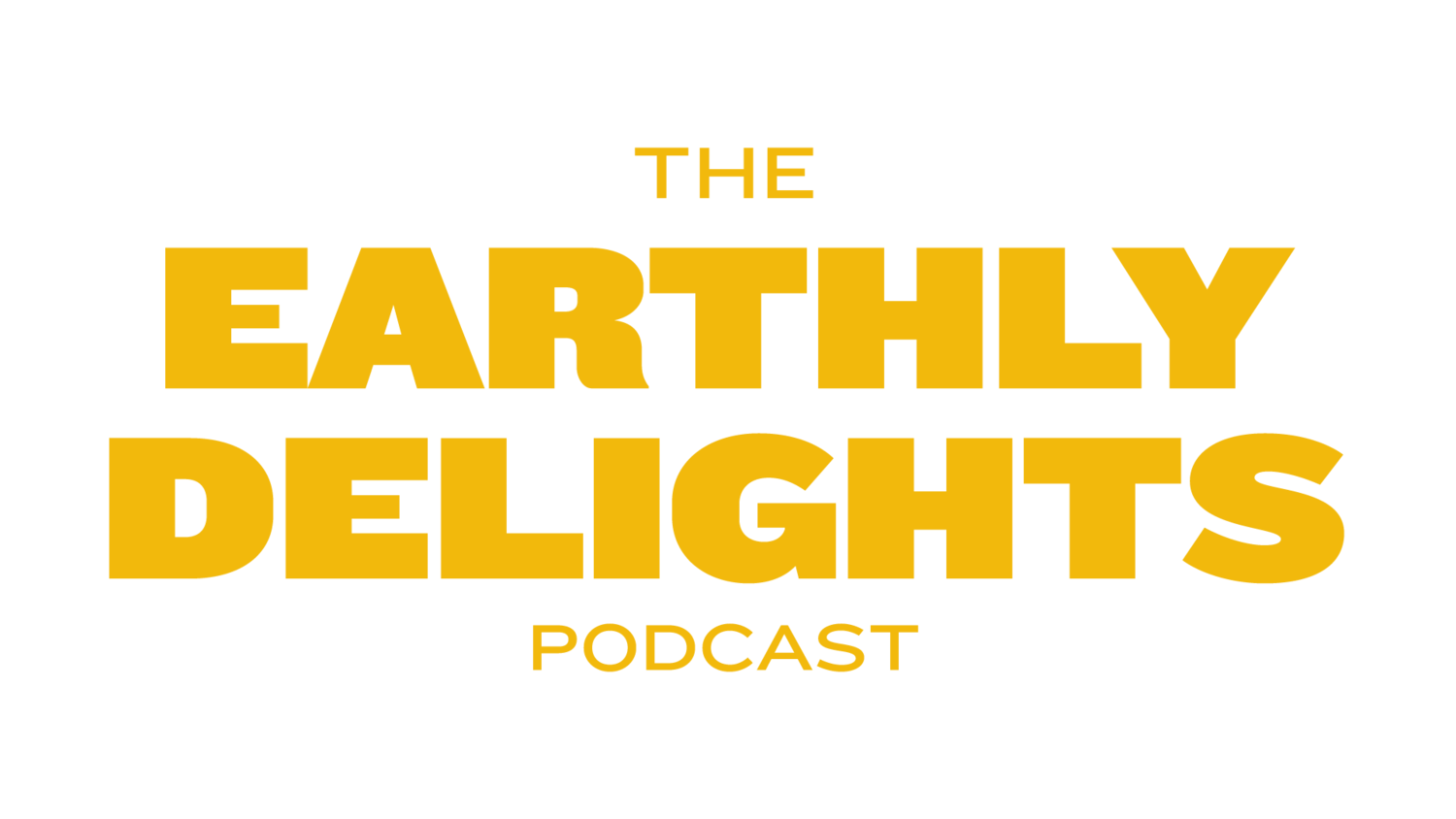#49: Meg Daley Olmert - The Human-Animal Bond
Join Seb as he talks to Meg Daley Olmert about the human-animal bond. Meg is an author of the book “Made for Each Other: The Biology of the Human-Animal Bond” and we talk about the origins of this special relationship we share with animals and also the science behind it. Meg also shares inspirational stories of projects that have use animals to help rehabilitate humans such as the Warrior Canine Connection and therapy dogs helping Ugandan war survivors.
Here are 3 reasons why you should listen to the full episode:
1. Discover the history behind the special human-animal bond.
2. Understand why we feel the way we do about beloved pets and understand how they feel too!
3. Learn about really important and inspirational projects that use the human-animal bond to help humans rehabilitate.
4 Powerful Quotes from This Episode
“Oxytocin is not just the bonding hormone. It creates an anti-stress state of mind in which social engagement is most comfortable and rewarding.”
“One of the huge added health benefits of owning a dog is that it is community building… it goes far beyond the leash.”
“Using dog training to tap into those emotional, psychological, communitive and cognitive skills that are diminished by trauma reboots the system and you have reduced trauma symptoms.”
“As soon as we could figure out how to leave out mark on the world the most dominant thing we did was describe animals. That has been the human preoccupation since day one.”
Episode Highlights
What is the historical background to our special bond with animals
● There is archaeological evidence dogs were the first animals domesticated by humans more than 30,000 years ago. This started when wolves began scavenging food scraps from humans, who then began to domesticate the wolves providing them with shelter and protection. In return, the wolves helped the human hunter-gatherers with hunting.
● Copious amounts of evidence from burial sites etc. that humans have always valued animals and in some cases worshipped them.
Understand your relationship with your pet
● The human-animal bond is a mutually beneficial and dynamic relationship between people and animals that is influenced by behaviours essential to the health and wellbeing of both. This includes, among other things, emotional, psychological, and physical interactions of people, animals, and the environment.
● The chemistry between people and dogs (and other pets) is real. Oxytocin has been called the “love hormone,” yet, its two most famous areas of influence— romantic love and mother-infant bonding. Science has shown that this chemical is instrumental in the love we feel for our pets and vice versa.
Therapies using animals for human rehabilitation
● Warrior Canine Connection utilizes a Mission Based Trauma Recovery model to help recovering Warriors reconnect with life, their families, their communities, and each other.
● The Comfort Dog Project is a project in Uganda that is helping civil war survivors, suffering from PTSD and much more, rehabilitate by creating special bonds with therapy dogs.
Enjoy this Podcast?
We are very grateful to Jessica for giving us her time and speaking so eloquently about this emerging area of therapy. Jessica was such a fantastic guest and her work is incredibly inspiring. We hope this conversation can help (ever so slightly) spread awareness of this crucial channel of healing and offer hope to people who may be feeling that more conventional forms of therapy are not for them. As ever, thanks a million for listening! We would love to hear your feedback!
Post a review and share it! If you valued the content of this podcast, do not hesitate to write a review. You can also share this with your family and friends if you believe this information needs to be spread!
Have any questions? You can contact us via email or find us on Facebook, Instagram, and Twitter. Thanks for listening!
For more updates and episodes, visit the website. You may also tune in on Apple Podcasts, Spotify, and Youtube.



